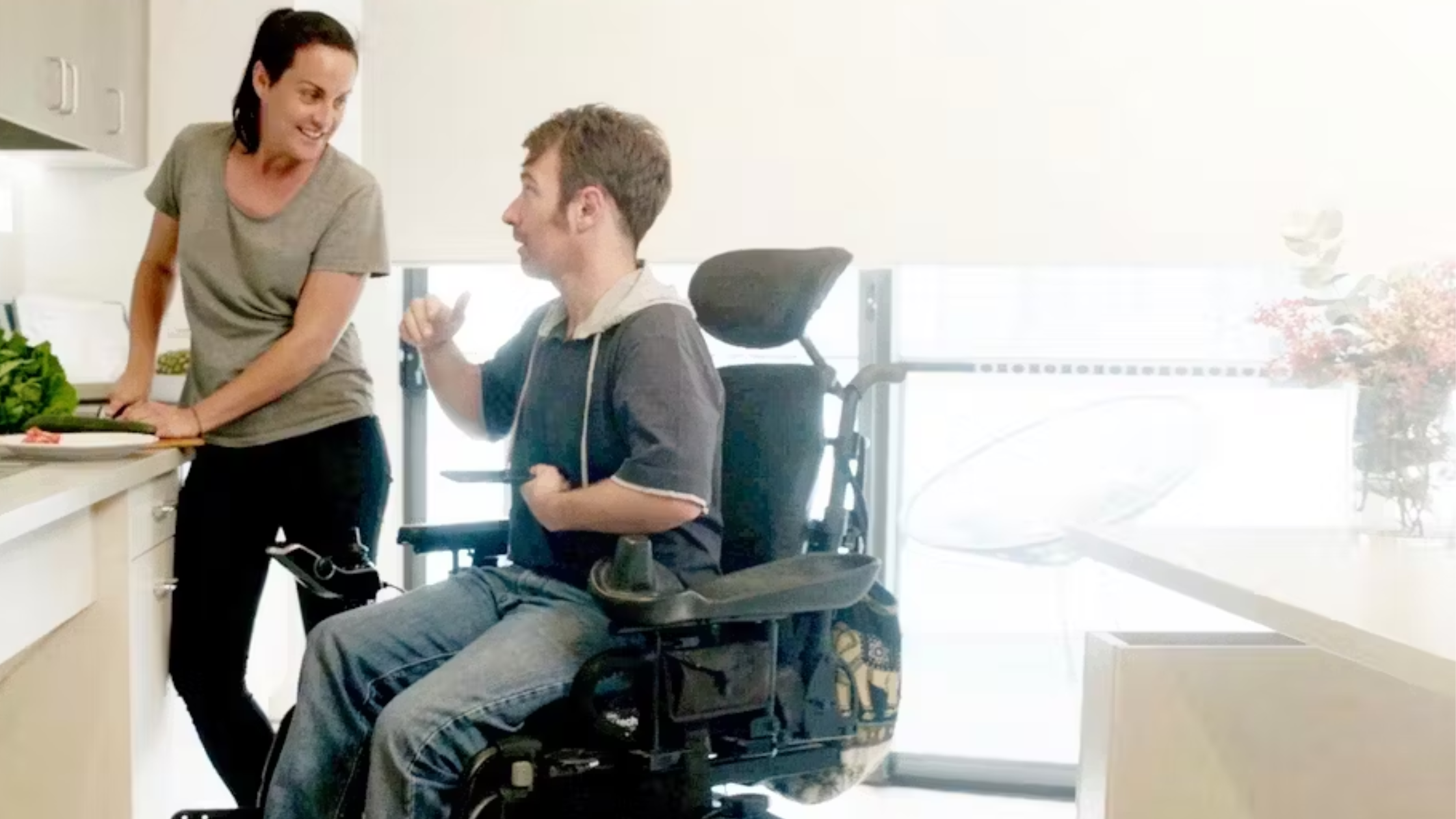
7 Powerful Benefits of NDIS Community Nursing Care for Better Health
Navigating the world of healthcare can be overwhelming, especially for individuals living with disabilities or chronic health conditions. That’s where NDIS community nursing care steps in — not just as a medical service, but as a support system that empowers individuals to lead healthier, more independent lives.
Whether you’re managing a recent diagnosis, recovering from surgery, or simply in need of ongoing care, community nursing care offers both expertise and empathy — delivered right to your doorstep. In this blog, we’ll explore seven powerful ways community nursing support can improve your overall health and wellbeing, especially under the National Disability Insurance Scheme (NDIS).
1. Personalised Care That Starts with You
One of the core strengths of NDIS community nursing care lies in its ability to adapt care around the individual. Unlike generalised care pathways, community nurses develop tailored care plans based on your health needs, lifestyle, goals, and preferences.
From managing chronic conditions like diabetes or epilepsy to creating nutrition and wound management strategies, these plans are reviewed regularly and adjusted as your condition or goals evolve. This dynamic, person-centred approach not only improves health outcomes but also gives participants a real sense of control over their care journey.
2. Safe and Skilled Clinical Support at Home
For many NDIS participants, hospital visits can be stressful and disruptive. Community nursing care eliminates the need for unnecessary hospitalisation by bringing expert-level clinical services into the comfort of your home.
This can include:
- Complex wound dressing
- PEG and enteral feeding
- Diabetes management (including BGL checks and insulin administration)
- Medication support
- Catheter and stoma care
With trained and registered nurses delivering care in a familiar environment, patients feel safer, more comfortable, and supported without leaving their homes — a key factor in maintaining both physical and emotional well-being.
3. Improved Health Outcomes Through Regular Monitoring
Health isn’t static. It’s a series of daily decisions, habits, and responses to treatment. That’s why continuous monitoring is critical — and exactly what community nursing care offers.
Routine checkups like blood pressure readings, blood sugar levels, pulse, and oxygen saturation help identify any health issues before they become serious. Early intervention can make a life-changing difference, especially for people managing multiple conditions.
The role of a community nurse often includes liaising with your GP or specialist when concerns arise, ensuring seamless communication and faster adjustments to your treatment plan.
4. Greater Independence and Confidence
Contrary to popular belief, receiving regular nursing care doesn’t make someone dependent — it does the opposite.
Through education, encouragement, and health literacy, NDIS community nursing care empowers individuals to take more ownership of their daily routines. You’re not just being “looked after” — you’re being equipped to make decisions, understand your body, and manage your condition confidently.
Whether it’s learning how to self-administer medications, understanding diet plans, or recognising warning signs for flare-ups, this education-first approach builds independence and restores dignity.
5. Seamless Transition from Hospital to Home
Post-hospital recovery can be a vulnerable time. Discharge summaries are confusing, medications often change, and physical strength is still rebuilding. A community nurse bridges that gap with post-discharge support that is both clinical and compassionate.
This may involve:
- Developing a recovery-focused treatment plan
- Medication reconciliation and education
- Ongoing wound or surgical site care
- Preventing complications or readmissions
For families and caregivers, this support reduces the stress of “getting everything right” and gives confidence that recovery is on track.
6. Support for Families and Carers
Community nursing care doesn’t just serve the participant — it wraps around the entire support network.
Nurses offer:
- Carer education and training
- Emotional support for families
- Guidance on using assistive equipment safely
- Respite opportunities for informal carers
This not only enhances the quality of care but also reduces burnout, strengthens family relationships, and ensures that participants receive holistic support, not just clinical attention.
7. A Trusted Connection to the Broader Health System
Navigating the NDIS and healthcare systems can feel like solving a complex puzzle. A community nurse often serves as a guide — someone who understands both the participant’s needs and the systems available to support them.
Whether it’s connecting you with allied health professionals, coordinating appointments, or advocating for adjustments in your NDIS plan, community nursing care acts as a link between your goals and the services that can help you reach them.
For people managing complex needs or disabilities, this level of coordination can be the difference between frustration and real progress.
Why NDIS Participants Choose Community Nursing Care
When people think about nursing care, they often picture hospital wards or sterile clinics. But NDIS community nursing care flips that idea on its head. It offers everything people expect from medical professionals — skills, credentials, experience — but delivered with flexibility, compassion, and personalisation.
At its best, community nursing is about partnership: working with the participant, not just for them. It respects autonomy while safeguarding wellbeing, and it transforms what care means in daily life.
Choosing the Right Provider: Why Care To Support?
If you or someone you love is looking for trusted, consistent, and compassionate nursing support, choosing the right NDIS provider matters.
At Care To Support, we offer:
- A team of qualified, experienced nurses registered with the NDIS
- Personalised care plans tailored to your health goals
- Home-based services that are flexible, reliable, and culturally sensitive
- Full support for both participants and their families
- Strong communication with allied health professionals and GPs
Whether you’re recovering, managing a chronic condition, or seeking greater independence, our community nursing team is ready to walk with you — every step of the way.
Conclusion
NDIS community nursing care is more than just clinical support. It’s a partnership rooted in respect, empowerment, and continuity. From wound care and medication management to emotional support and independence building — it plays a vital role in improving quality of life for people with disabilities.
And when delivered by a compassionate team like Care To Support, it becomes a pathway not just to better health, but to a more confident and fulfilling life.
Recent Posts
- All Posts
- Blog






